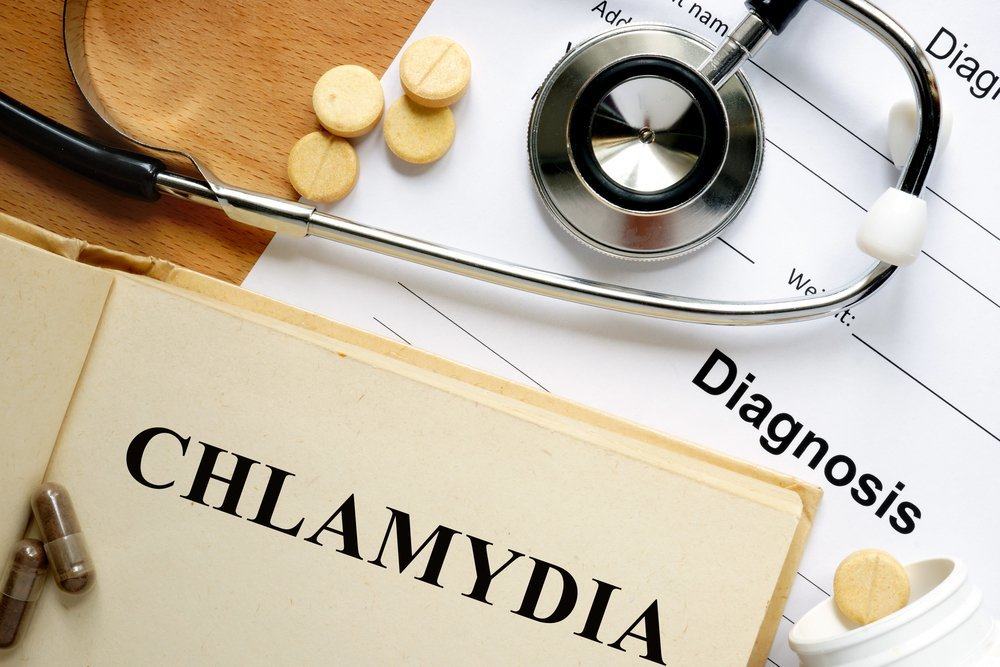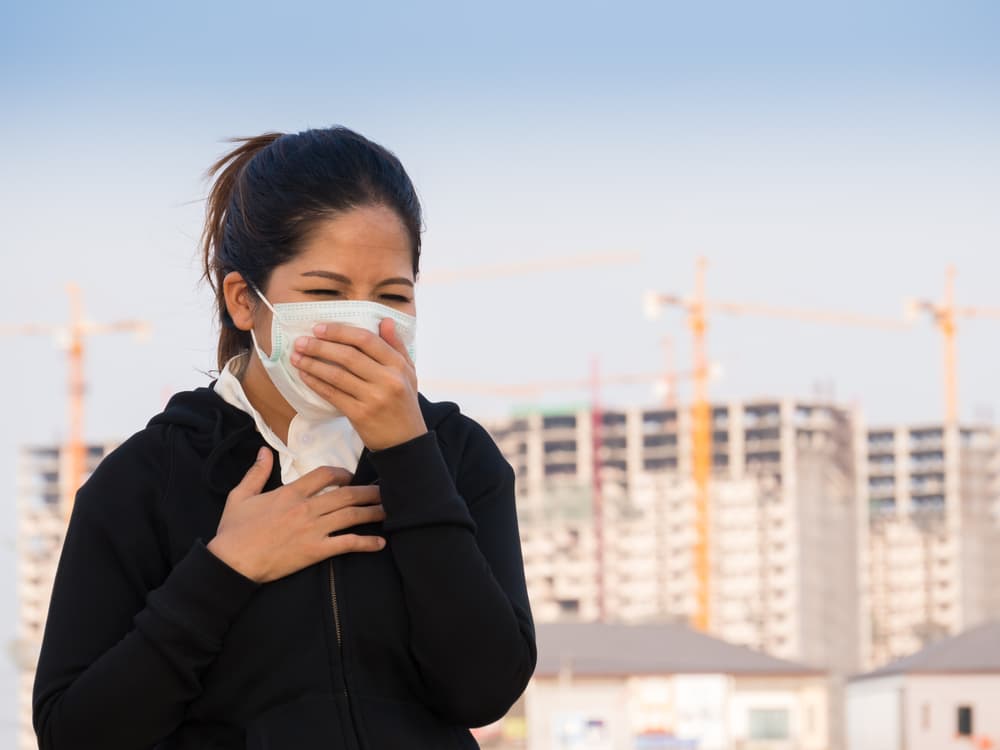Contents:
- Medical Video: Screening for STD’s
- What are the signs and symptoms of chlamydia?
- Symptoms of chlamydia in women:
- Symptoms of chlamydia in men:
- What makes someone at risk for chlamydia?
- How to diagnose chlamydia?
- Can chlamydia be treated?
- Can chlamydia be prevented?
Medical Video: Screening for STD’s
Have you ever heard of chlamydia? Chlamydia is one of the sexually transmitted diseases that can attack women and men. Having unprotected sex, such as without using a condom, can increase the risk of getting chlamydia. Contraceptives other than condoms are not able to prevent you from sexually transmitted diseases. You need to pay attention to the symptoms of this disease, because chlamydia can cause permanent damage to the female reproductive system. Infertility and ectopic pregnancy (outside the womb) are a risk of chlamydia. Whereas in men, chlamydia can cause inflammation.
What are the signs and symptoms of chlamydia?
Patients sometimes do not realize that he has chlamydia, because the symptoms are not always recognized. According to WebMD, 75% of women and 50% of men contract chlamydia without showing certain symptoms. If there are some symptoms appearing, you will usually find out after a week to three weeks from the time of transmission. The following symptoms can be seen:
Symptoms of chlamydia in women:
- The abnormal discharge that smells
- Bleeding outside the menstrual period
- There is pain during menstruation
- Pain in the lower stomach is accompanied by fever
- There is pain when having sex
- Heat and itching around the vagina
- Pain when urinating
Symptoms of chlamydia in men:
- There is a slight clear or cloudy liquid that appears on the tip of the penis
- Pain when urinating
- Heat and itching in the penis hole
- Pain and swelling around the testicles
What makes someone at risk for chlamydia?
Chlamydia is caused by bacteria that spread through sexual contact. However, only through genital fluid can the infection be transmitted, not contact kissing, hugging, or bathing together. Chlamydia is also not transmitted through water in swimming pools, toilets, seating, eating utensils, or clothing.
You can get chlamydia if:
- Having sexual intercourse, either vaginal, anal, or oral
- Having sex by using sex toys without washing it after previous use or not coated with condoms when using it
- Your genital and partner touch each other, even though there is no penetration, orgasm or ejaculation
- Infected vaginal or semen fluids enter through your eyes
- If you are pregnant and infected with chlamydia, your baby can also be infected
In addition, chlamydia can spread through the rectum of women and men. This happens because of anal sex. Usually no symptoms are indicated, but this infection can cause pain in the rectum, discharge, and bleeding from the rectum.
How to diagnose chlamydia?
Diagnosis can only be done through various tests recommended by the doctor. You will undergo several tests. Then, you will do a urine test or swab test, samples will be taken from the urethra in men and the cervix in women. A urine test is intended to determine whether or not there are bacteria that cause infection. The test is checked in the laboratory and you are just waiting for the results.
Can chlamydia be treated?
Chlamydia can be treated. When you find symptoms or feel at risk of getting chlamydia, you should immediately see a doctor. If not treated immediately, infection can cause health problems in the long run. This infection will spread to your body, can cause pelvic inflammatory disease, epididymo-orchitis (inflammation of the testicles), infertility, ectopic pregnancy, proctitis (inflammation of the rectum) and arthritis (joint stiffness).
When you get treatment from a doctor, you will be prescribed antibiotics such as azithromycin (zithromax) or doxycycline. This antibiotic must be drunk until it's finished, even though you feel it's better. After antibiotic treatment, you should do a test again to make sure that the infection has been treated. Whereas women who suffer from severe chlamydia should undergo hospitalization, because they need intravenous antibiotics and certain pain medications.
Before you or your partner is declared cured of chlamydia, you and your partner may not have sex and have sexual contact with anyone. If you have sex with more than one partner, you should also advise couples who have contact with you to be treated as well.
Can chlamydia be prevented?
Of course there are always ways to prevent chlamydia. Here are ways to help prevent it:
- Always use condoms when you have vaginal or anal sex
- You should use a condom when doing oral sex
- Keep the sex toys clean, don't share sex toys with many partners
- It's best to use soft plastic or latex to cover the vagina during oral sex or when stimulating by rubbing the vagina
- Faithful to couples, not having sex by changing partners
READ ALSO:
- When I Should Have a Gender Test
- Alert Risk of Infection Due to Having Sex During Menstruation
- 9 Genital Diseases You Might Have Without You Realizing












